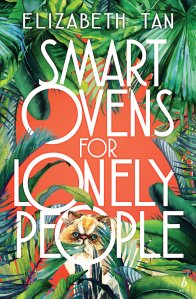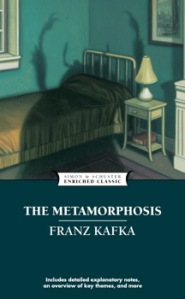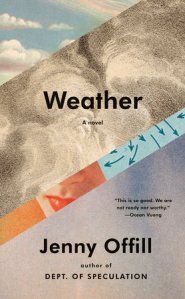My new short story collection Dreams They Forgot is out now. Here’s an article about navigating the advice – and counter-advice – on building a house of short fiction.
Much has been said about short stories – as a form. They’re the literary equivalent of practising your scales, limbering up for the novel symphony. Publishers avoid them. Yet continue to publish them. Nobody reads them. Except they do. They’re back in fashion. They never went away. As Jane Rawson puts it ‘the short story is both on hiatus and in the prime of its life.’
When I began thinking about creating a collection, there was plenty of ‘how to’ advice about writing short stories and flash fictions but far less about crafting a compelling whole from various scraps. Maybe because it’s as simple as plonking them into one long document.
Not quite.
Reading like a reader
Herding all my stories into one file was revelatory. I tried to sit on the other side of the desk and read them as a reader – rather than the author. One thing leapt out: repetition of ideas, issues, images – even phrases. Nobody had noticed these little obsessions when I’d farmed them out to different places over the years.
I cut several stories. But how best to tend to the keepers?
Mix tapes, zoos, share houses
Nathan Scott Macnamara compares organising a collection to ‘sequencing an album’ or mixed cassette tape, striking ‘a balance between familiarity and change’ and ‘fulfilling the reader’s desires, while also challenging them.’
Randall Jarrell thinks it’s like ‘starting a zoo in your closet.’ The giraffe takes up all the space. As Valerie Trueblood quips, it doesn’t take long to identify which one is the giraffe.
I started to think of my collection as more like a share-house peopled by a mix of timid, loud, pedantic, erratic, reliable, long-termer tenants and fly-by-nighters. The allocation of rooms was paramount.
 To theme or not
To theme or not
Some bind their collections to a distinct theme. When it comes to organizing a linked collection, chronology may have already done the job.
It’s been said themed collections – or ‘almost-novels’ – are easier to sell. Perhaps because continuity of characters/time/events may promise fewer gear-changes for the reader.
Set in a seaside village, Ursula Le Guin’s Searoad is bound by place and divided by intergenerational feuds.
Elizabeth Strout’s Olive Kitteridge, also in a seaside town, showcases an ensemble of protagonists. But Olive is the star, so too in the sequel Olive, Again.
Ellen Van Neerven’s Heat and Light is hived into four parts, a hybrid, blurring multiple realities. 
Toni Jordan’s Nine Days interlocks one-day-in-a-life of characters through time.
Apparently Nam Le’s award-winning The Boat was never marketed as a collection. Are these are novels, or collections? Or are they carving out space in between?
Order in the house of short fiction
If your collection is not overtly themed – the question becomes which stories where? It seems logical to put the published pieces or prize-winners first, or the ones already edited by professionals. But suddenly the frame and the context have changed. Now there are many voices speaking from differently-decorated rooms, some of which will have porous walls. Others boast large windows with views to the gardens, as opposed to broom cupboard-sized affairs overlooking the bus depot.
So, who’s on first?
Macnamara says the opening story must do two things: ‘establish the writer’s authority’ and ‘prepare the reader’ for what’s to follow.
In Paddy O’Reilly’s ‘Speak to Me’ a quasi-alien whooshes into a fantasy writer’s backyard. The reader has been warned from page one – uncertainty abounds. 
Amanda O’Callaghan’s ‘The Widow’s Snow’ invites us into a middle-aged woman’s thoughts during a protracted date. Ambiguity, trust, snap decisions and death, course through the book.
Josephine Rowe’s ‘Brisbane’ begins with ‘and’, pulling us in for the ride in Tarcutta Wa ke and addressing us mid-sentence, aka in media res.
ke and addressing us mid-sentence, aka in media res.
Flannery O’Connor’s ‘A Good Man is Hard to Find’ sets up the skittles with the opening sentence: ‘The grandmother didn’t want to go to Florida.’ She does. And motors towards a murderer.
However, Daniyal Mueenuddin believes the ‘brightest’ story will entice the reader in. Others plump for the ‘best’ piece with the ‘widest’ appeal.
Find the shape
Matthew Fox offers ‘shapes’ for building collections eg mosaic and hourglass. There’s also the ‘tent pole’ – planting stronger pieces a few pages apart to hold the whole thing up.
As for stories of differing length, opinion seems divided about where to put longer stories (aka ‘the giraffes’). Weight it at the end, like Nam Le’s novella in The Boat, or satisfy early with a hearty appetizer. Flash fictions might flit about the equatorial centre. Recurring characters can inhabit adjoining rooms and whisper through the key holes. If there’s a title story, it may settle wherever it pleases.
The last word
For Macnamara, the last story should ‘make emotional sense of everything that’s come before’ and ‘wrap things up.’ Fox says they’re an opportunity to ‘open up to the world.’ The final page should be like the final page of all your stories. Equally resolved – or nebulous.
Pitching to a publisher
Any decent proposal takes time and effort. Tease out idiosyncratic themes as well as the universal. Highlight any unusual angles, settings, characters, events.
When it comes to writing a synopsis, there’s plenty of advice about novel synopses, but there wasn’t much online about collections. I asked other writers.
Put your characters up front, one suggested. X does Y in Z.
I read a range of collections – recently published, classics – and scoured their blurbs and reviews, noting which stories were singled out, and the adjectives used ie gothic, gritty, cerebral, mythical, fierce, achingly real.










Before I sent out my collection, I rewrote all the stories, old, new, published, unpublished, long, short. If some were written for a themed competition or journal, I checked whether they still made sense transplanted in their new terrain.
I moved them all about many times in the hope they’d pique – and maintain the interest of a publisher – all the while knowing any potential editor would have their own ideas and strategies about what should go where – and which stories should stay or go.
Finally, I spackled together a log-line, wrote a long synopsis (one sentence per story), a short synopsis (a phrase) – and submitted both.
Rejection
Rejection is part of a writer’s job. There are more writing competitions now – and more writers. Fewer journals – and fewer publishers. Kim Liao famously aimed for 100 rejections a year.
Useful – or prohibitively expensive? Galvanising or soul-crumbling? Kim Liao later revisited her idea in her article about ‘creative failure’. It’s worth reading both.
I tend to send out my most polished pieces to the ‘right place’. By ‘polished’ I mean I edit, edit, edit. Or as the submission guidelines for Griffith Review state: ‘Good fiction writing stands out immediately – polish, proofread and repeat.’
By ‘sending to the right place’, I mean somewhere interested in my kind of work. The only way to discover this is by researching, reading, and subscribing to publications, and learning more about their editors and authors.
Just like rejection, research is also part of a writer’s remit.
Who knows if rejection gets any easier?
Perhaps it’s what you do with them that counts. Early in my writing life a lecturer said she dealt with rejection by ‘crying for a day – then getting back to it.’
Natalie Goldberg learnt something similar from her Zen teacher in her famous handbook Writing Down the Bones: if you finish writing a book, excellent. Now, start another.
Whenever one of my stories gets a ‘no’, I’ll either pull the story apart, try another polish, or wait until a themed journal or competition seems a better fit.
The ‘good rejection’ is when an editor takes the time to send a comment along with the no thanks. Their notes might be a critique or an encouragement. Either way I thank them, and ruminate on what they’ve suggested. It might not resonate immediately, but sometimes it’s enough to spark a rethink or an overhaul – or to keep me plugging away.
Some recalibrated stories are eventually picked up. Others – never.
I keep various incarnations on files by year, flick through them occasionally, excise the odd sentence or idea, cut false leads, and see if something new emerges.
The best story on rejection closes out Maxine Beneba Clarke’s award-winning collection Foreign Soil.
Allegedly semi-biographical – the protagonist in ‘The Suki-yaki Book Club’ is a struggling writer scratching out a living in her cramped apartment next to a railway track. She amasses her growing stash of rejection slips as ‘literary armour’ against a world she’s been told is not ready for her kind of work. But as Emily Laidlaw points out in her reading notes on Foreign Soil, that this book exists at all proves they were wrong.
Success
So if your collection finally gets the nod – fantastic. You’re one of the lucky ones who’s persisted. You’ve found a publisher who ‘gets’ your work and is willing to invest time, money, and energy into editing, improving, and promoting it.
But what to say when usually omnivorous readers claim they never read short stories? Never? All short stories? Not even by authors they already admire – Margaret Atwood, Emma Donoghue, Ali Smith, Hilary Mantel, George Saunders, Gail Jones, Zadie Smith?
Isn’t that a bit like saying you don’t like music?
Perhaps you’ll try to persuade them and say short stories are perfect for our busy lives – to dive into during the daily commute, to flick through while the pasta boils, or as a welcome distraction in the waiting room.
Or perhaps you’ll smile at your new book clutched in their hands – hoping its contents will surprise, illuminate, entertain, provoke, amuse, engage – and they’ll become so intrigued by your glimpses into your strangely familiar tenants’ minds and worlds – they’ll forget about the type of house you’ve built for them to share.
***

Emma Ashmere’s new short story collection DREAMS THEY FORGOT is published by Wakefield Press. Her stories have been widely published including in the Age, Griffith Review, Overland, Review of Australian Fiction, Sleepers Almanac, Short Australian Stories, #8WordStory, NGVmagazine, and the Commonwealth Writers literary magazine, adda. She was shortlisted for the 2019 Commonwealth Writers Short Story Prize, 2019 Newcastle Short Story Award, 2018 Overland NUW Fair Australia Prize, and the 2001 Age Short Story Competition; and longlisted for the 2020 Big Issue Fiction Edition, and the 2020 Heroines Prize, with another story forthcoming in the NZ/Aust Scorchers climate change anthology. Her critically acclaimed debut novel, THE FLOATING GARDEN was shortlisted for the Small Press Network Book of the Year 2016. Read more of her posts re short and long stories here.
A version of this article first appeared in the Bryon Writers Festival magazine Northerly March 2020.





 HAMNET by Maggie O’Farrell
HAMNET by Maggie O’Farrell











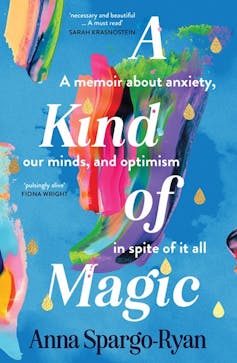
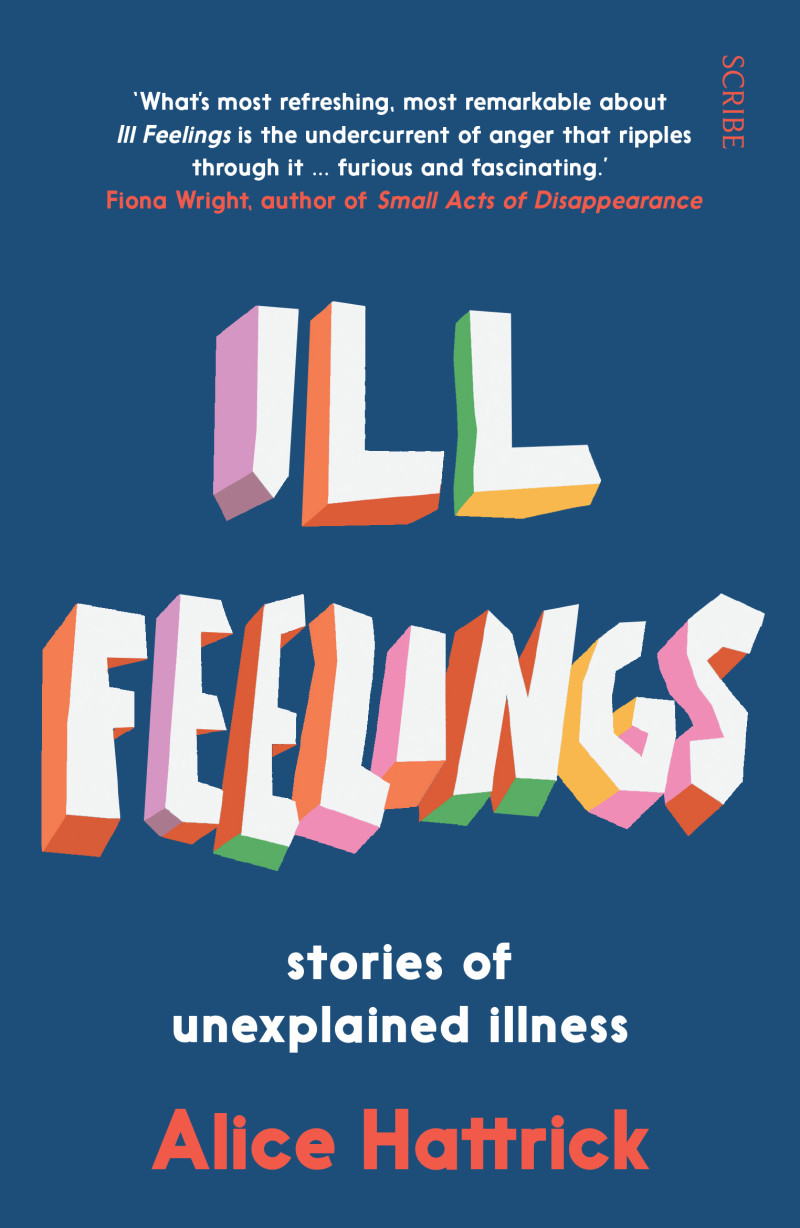







 Launch
Launch



